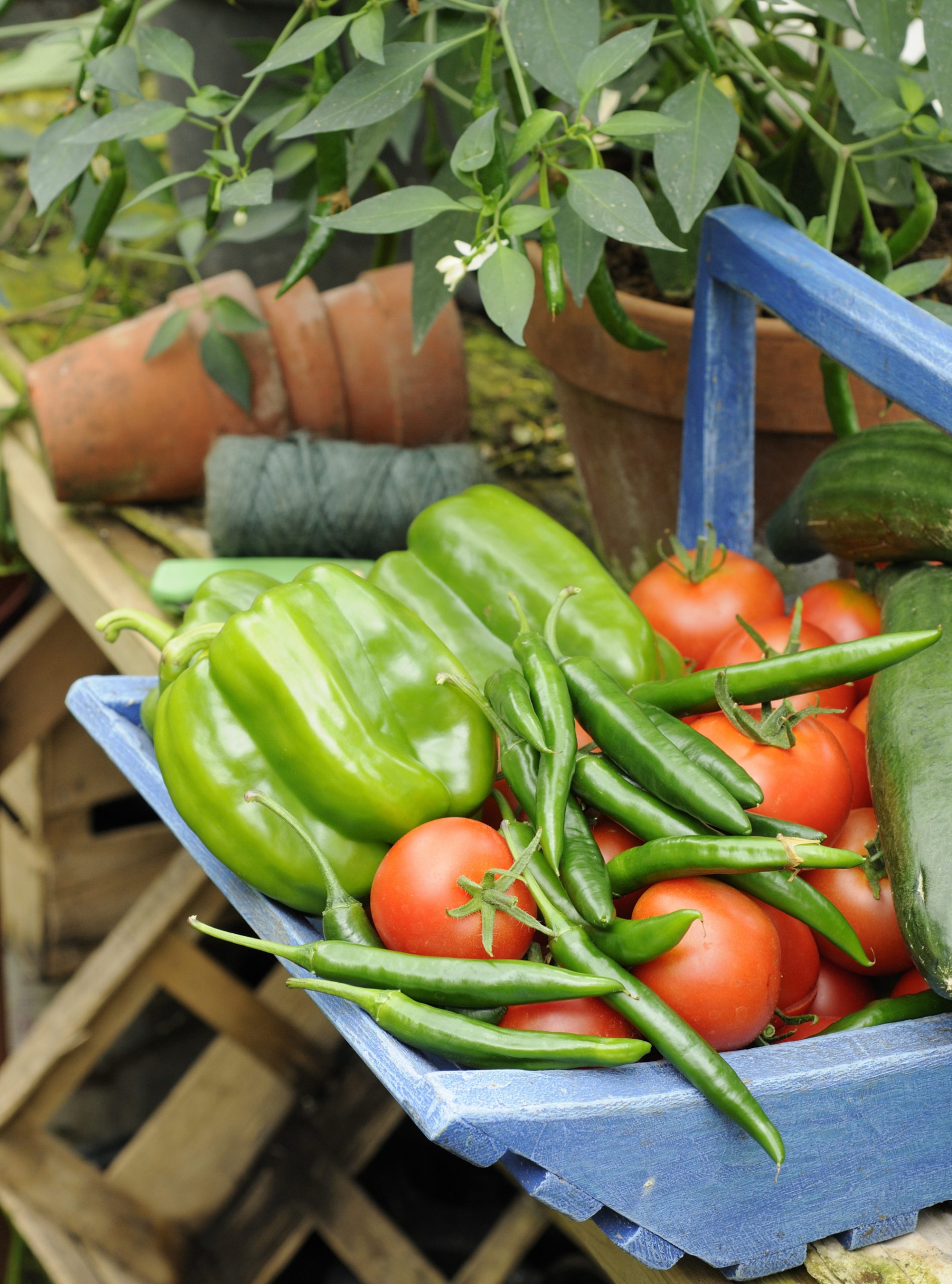Could These 'Healthy' Foods Be Making Your IBS Worse?

What comes to mind when you hear the word 'nightshade'? Deadly nightshade, AKA belladonna? What if we told you that peppers, potatoes, paprika and even ashwaganda, the wellness set's current herb of choice, belong to the same family as the poisonous herb? That Gisele Bündchen and her American footballer husband, Tom Brady, have given them up on the advice of their personal chef? And that they just might be exacerbating your own digestive problems, auto-immune issues, arthritis or joint pain? Read on to discover what nightshades are, and whether you should be avoiding them... What are nightshades?
Nightshades are a group of fruits, vegetables and herbs which includes white potatoes, peppers (including chilli peppers and cayenne peppers), tomatoes, aubergines, gooseberries, goji berries and ashwaganda. Most hot spices fall into this category, including paprika and curry spices (but not black pepper). Nightshades contain chemicals called glycoalkaloids (principally solanine), which act as natural pesticides.
Once ingested, these chemicals can interact with cholesterol molecules in our bodies to weaken cell membranes. If these membranes are already weakened or damaged, holes may be created, through which harmful substances may be able to enter. Should I be avoiding them?
Most people do not seem to experience adverse effects as a result of consuming nightshades. Since many are packed with health-promoting nutrients, experts do not advise cutting them out of your diet unless you experience sensitivity or suffer from a pre-existing autoimmune or digestive disorder.
If you suffer from an autoimmune disease, irritable bowel syndrome, gluten intolerance, rheumatoid arthritis or any kind of 'leaky gut' issues, though, nightshades could exacerbate the condition, experts warn. Eliminate nightshades from your diet for 30 days and note any changes to your symptoms.
I don't have a pre-existing condition. Could I still be sensitive to nightshades?
If you eat nightshades on a regular basis and experience frequent bloating, diarrhoea, nausea, vomiting or headaches, try eliminating them from your diet for 30 days, then slowly adding them back in, one at a time. You may find that simply eating smaller portions on a less frequent basis helps. Alternatively, you may find that you are able to tolerate some forms of nightshade, but not others. For example, some people can tolerate peppers, which contain lower levels of glycoalkaloids, but not tomatoes. Peeling potatoes can also help, since the skins contain the highest levels of the chemicals.
Sign up to our free daily email for the latest royal and entertainment news, interesting opinion, expert advice on styling and beauty trends, and no-nonsense guides to the health and wellness questions you want answered.